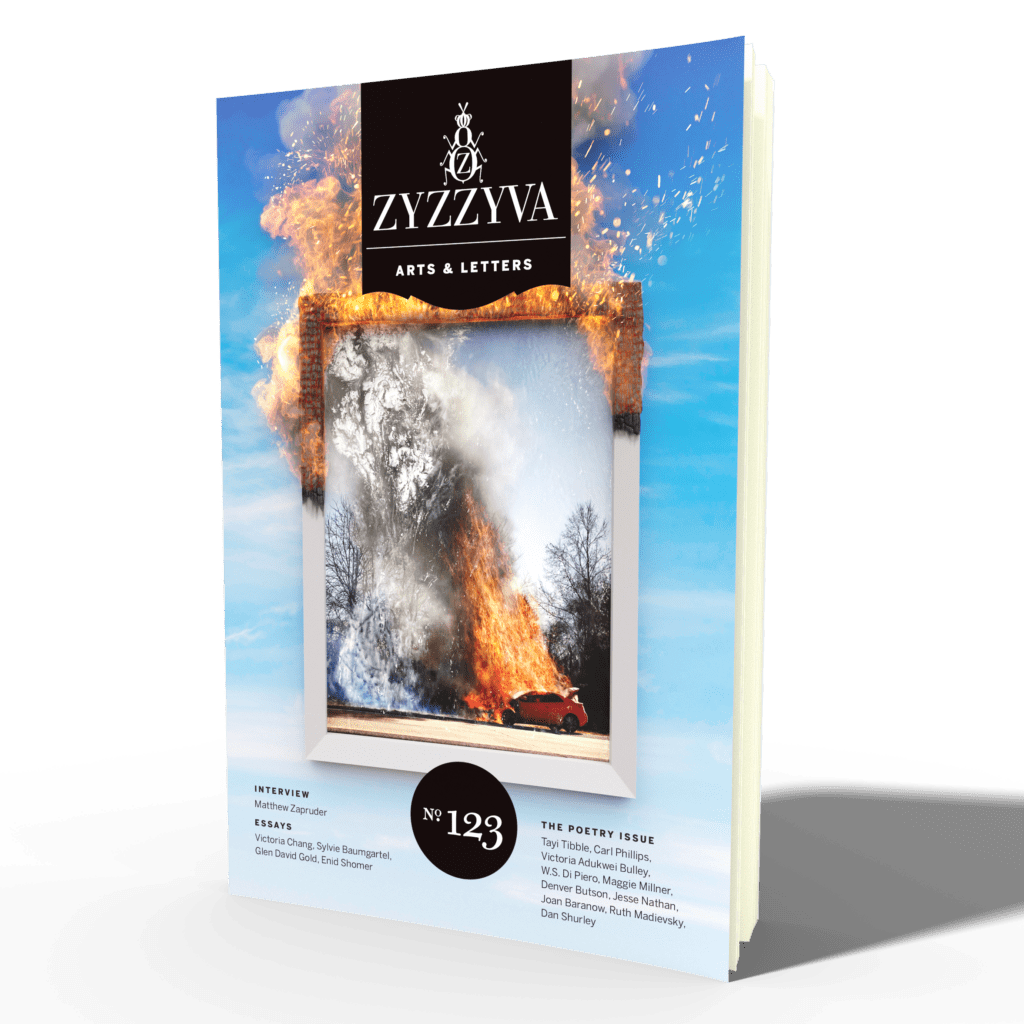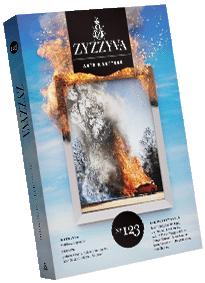Dear Reader,
One of the messages we’re most relentlessly bombarded with is the importance of happiness. In so many ways, pop culture cynically suggests that happiness could make us successful, on our own terms. Happiness, it seems, is its own kind of currency. And lack of it becomes yet another reason to punish ourselves.
It seems especially cruel that happiness is often elevated as a kind of measure of success that can, theoretically, be achieved, witnessed, and celebrated outside the paradigm of capitalism—as though it’s available to any of us if we only choose it. We absorb the truism that money won’t make us happy, and with it the implication that happiness is both unrelated to and more important than money. There are myriad deceptions to unpack in all those banalities. For one thing, money can alleviate a number of miseries. For another, the idea of happiness as a kind of success is inextricable from late-stage capitalism: it elevates and isolates the individual, heaping on her sole responsibility (and credit) for attaining something inherently dependent on forces well beyond the control of any one person. And how totally unsurprising that happiness—a fundamentally ephemeral and superficial feeling—is effectively sold to us through an almost endless number of self-improvement channels, everything from juice cleanses to travel to meditation apps.
But, joy, on the other hand. Joy may deserve more of our attention than it usually receives.
If happiness suggests a mental and emotional state where our heaviest concerns are somehow suspended or minimized—wherein we can experience life untroubled by negative or complex emotions, or can hypnotize ourselves into exalting gratitude till our woes are crushed—joy seems to require no such worry-free interlude. Because joy, as Victoria Chang realizes in her exploration of the subject in this issue, not only can coexist with sorrow but is informed and deepened by the entire array of challenging human experiences. Joy does not require that we “practice gratitude” or stifle anger or improve ourselves through buying or signing up for anything. Joy is a wave that envelops our irreducible selves.
Joy, a more acute feeling and a more profound experience than happiness, is also much more available to us. Perhaps reading poetry is among the ways to access it—especially if our idea of joy allows room for ambiguity.
Yet, of course, to think seriously about almost anything that brings us pleasure is discomfiting in this prolonged season of distress. So, what do we need from poetry during this exhausting period of historic calamity, uncertainty, and dread? What can poetry offer us? And, equally important: what can we offer poetry? Can we offer poetry our time and attention—even amid all this chaos, injustice, and sorrow?
I’d suggest that readers could do far worse than to make regular space for contemporary poetry. It is meeting the moment, flourishing with an extraordinary volume of truly excellent work, speaking to our search for solace, for affirming resonance with our anger and dismay, and yes, speaking to our capacity and desire for joy.
This issue, while not exclusively devoted to poetry, offers our most extensive poetry section ever, including work by some of the best poets writing today. Their voices are as varied as their forms, and throughout this issue they’ll speak to you across genres: in verse, in conversation, and in prose. But they share an honest, direct gaze at contemporary life in all its messy, tragicomedic glory.
Can we create time for poetry amid all the noise? Can we find sanctuary in that stillness and reflection? Yes, and yes. Can we be joyful while despairing over climate change, while anguished over war? Can we mourn intolerable personal losses and still be transported by a poem that captures the awe we feel in love or in witnessing beauty—transported and simultaneously restored to our truest selves? We can, and we do. This is life. And without poetry, we wouldn’t be living fully.
Yours,
L.


